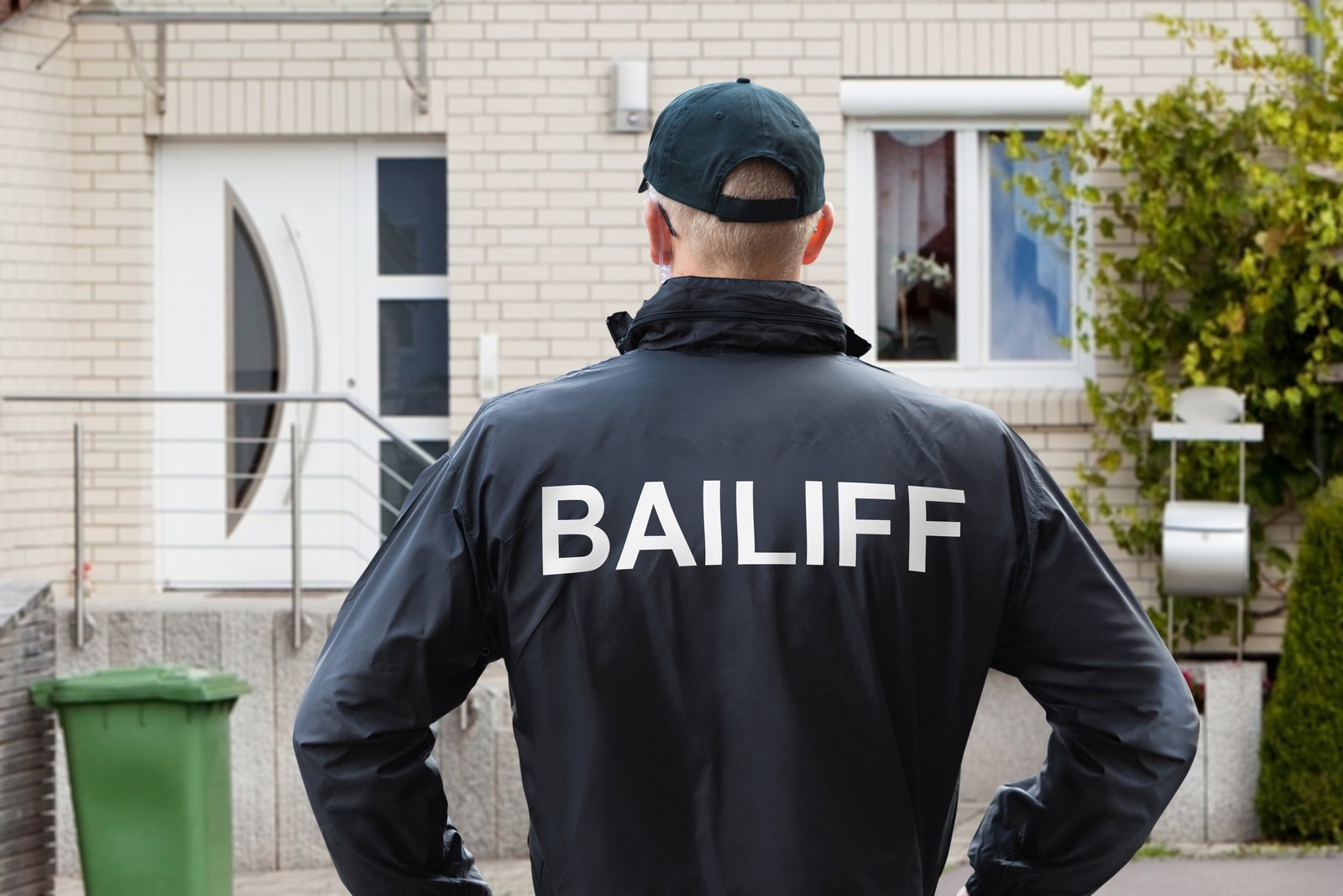With the cost-of-living crisis pushing up prices of many everyday essentials, more people are starting to struggle with their energy bills. But when and why do energy firms send in the bailiffs?
How has the cost-of-living crisis affected energy bill debt?
While the cost-of-living crisis has increased the price of almost every household essential, its effect on energy bills has been one of the most impactful. According to the government’s Money Helper website, the average household energy bill in 2023 was £1,834 a year or £153 a month. This compares to an annual average of £1,333 in 2021.
While the last quarter of 2023 saw costs starting to fall, the energy price cap increased by £94 on 1st January 2024, and some predict that global instability and the ongoing conflicts in Israel and Ukraine may force prices to rise even further.
These rising costs have led to more and more people falling behind with their payments and entering energy bill arrears. In fact, Citizens’ Advice found that one in four people (27%) have fallen into debt since the cost-of-living crisis began.
People already struggling with their finances or living on low incomes are often disproportionately impacted as benefit cuts, wage stagnation, and increased costs have pushed more households into fuel poverty. The poverty premium also means that some of the most vulnerable people in society can end up facing the highest costs for their essential services.
Why do energy firms send in bailiffs?
If you’ve been contacted by the bailiffs since the cost-of-living crisis began, you’re not alone. A Citizens’ Advice survey found that more than two million people have dealt with bailiffs during this time.
For energy firms, it should be the last resort and reserved for customers who have consistently fallen behind with their bills, built up a substantial debt, and where there is no prospect of payment.
EDF, Octopus, and Scottish Power can all apply to the court to secure a warrant that allows bailiffs to force-fit prepayment meters into private homes. These are designed to prevent the build-up of debt by requiring people to pay for their energy use in advance.
When can bailiffs force-fit prepayment meters?
Energy firms sending in bailiffs to force-fit prepayment meters has caused problems in the past, which is why British Gas are no longer permitted to take this action and the practice was temporarily suspended for all firms in February 2023.
New rules are now in place to protect vulnerable customers. Energy firms can only send in bailiffs to fit a prepayment meter if they’ve made at least 10 attempts to contact the person in debt. They must also provide £30 credit.
Prepayment meters should also not be fitted if:
- The household occupants are aged over 75
- The household contains children under the age of 2
- The household includes people living with a terminal illness or another condition that could worsen in a cold home
Energy companies that fail to follow these rules may face enforcement action and fines as well as being required to refit a standard meter within 24 hours and pay compensation.
What should you do if you’re struggling with your energy bills?
If you’re struggling with the cost-of-living and finding it hard to keep up with your energy bills, there are steps you can take to improve your situation and avoid a visit from the bailiffs:
Contact your energy provider
Energy firms are expected to support their customers to manage their debt wherever possible and exhaust all other options before sending in the bailiffs. If you’re worried about making a payment on time or your bills have increased beyond an amount you can afford, be proactive and speak with your provider. They may be able to help by providing a new payment plan, temporarily pausing payments, or suspending any interest or additional charges on your existing debt.
Implement energy saving measures
While you should never compromise your health, there are changes you can make at home to cut your energy use. These range from small tweaks such as turning appliances off at the wall, lowering your thermostat by one degree, or turning off lights in the rooms you aren’t using to steps that may require more investment such as roof insulation, solar panels, removing radiator covers, or buying a hot water cylinder jacket.
Revise your budget
Your household budget should be a working document that you revisit regularly and adjust based on your current circumstances. If you’re feeling the pinch of the cost-of-living crisis and need to spend more on your essentials, you might need to cut back in your budget elsewhere. This might mean reducing the amount you spend on non-essential purchases, cancelling subscriptions, or switching to new suppliers.
Seek debt advice
A debt adviser can help, whether you’ve just started struggling you’re your energy bills or have several debts to manage. Our friendly team will listen to your situation without judgement, talk you through the different debt management solutions available, and support you to make the decision that’s right for you.
Have you Struggled with your energy bills and as a result worried about the prospect of bailiffs or are already feeling intimidated by bailiffs due to owed debts. Our team at Bailiff Helpline is here to help. Give us a call on 0161 660 7255 or send a message here.







